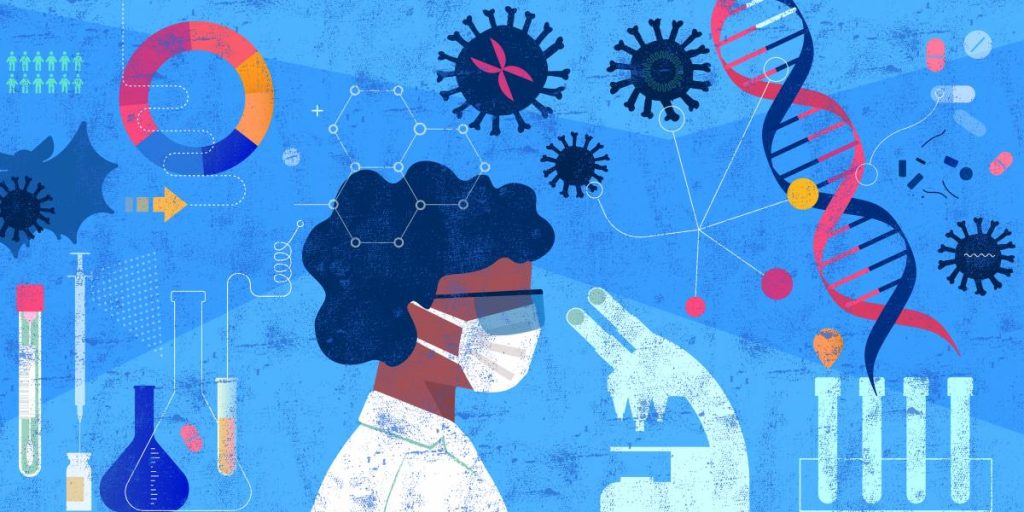Facts That Matter Blog
Facts That Matter Blog

AI Uses in North Carolina
AI has the potential to help communities large and small across North Carolina. Communities have the chance to pilot and use AI technologies to increase productivity and save money. Examples include traffic signal management, property appraisal, and gunshot detection.
+ Continue Reading Article
North Carolina’s Housing Shortage
Affordable rental housing is by far North Carolina’s largest housing need, one that is especially severe for low-income households. The most expensive areas are Asheville, Raleigh, Charlotte-Concord-Gastonia, Currituck County, and Durham-Chapel Hill. In many rural and urban counties, more than 50% of renters are cost-burdened (i.e., they spend more than 30% of their income on housing costs).
+ Continue Reading Article
Carolina Engagement Week Events Celebrate Collaboration
Collaboration is at the heart of Carolina Engagement Week, bringing together campus and community leaders to celebrate the impacts of their partnerships across North Carolina. ncIMPACT and Carolina Across 100 were proud to partner once again on this third annual week of events, held from February 26 – March 1. Thirty-four events were held in 2024, including several events hosted at the UNC School of Government.
+ Continue Reading Article
State of NC Health
North Carolina ranked as the 30th healthiest state in the nation in 2022. It ranked 38th in health behaviors, 30th in health outcomes, 22nd in socioeconomic factors, and 9th in physical environment (air and water quality, housing, transit).
+ Continue Reading Article
North Carolina’s Aging Population
North Carolina ranks in the top 10 states in the U.S. for the number of people 65 and older. Aging population issues include increasing healthcare costs, inadequate mental healthcare, social isolation, ageism, elder abuse, inequitable access to resources, the need for affordable and accessible housing and transportation, burdens on family caregivers, and caregiving workforce needs.
+ Continue Reading Article
The Secret Sauce to Improving Social Capital for Public Service Leaders
Effective social capital can be seen in everyday activities that build connections among people, from someone opening a door for a stranger to bringing a community together to solving a complex issue. Public service leaders must apply this knowledge of social capital to help build strong communities, grow trust, and establish a better future for all.
+ Continue Reading Article
Scouting and Social Capital – Improving Civic Engagement and Economic Mobility
The Boy Scouts of America, through its current work and through the methods identified here, can make a meaningful difference in improving civic engagement and economic mobility in the United States through the development of social capital among participants. This organization and others can play an important role in strengthening America’s social fabric and building connections among an increasingly fractured population.
+ Continue Reading Article
After-School Staff as Potential Public Health Information Channel
Network analysis reveals gaps via network density and fragmentation metrics and key actors via degree centrality and betweenness centrality metrics. This information can better inform public administrators on how to disseminate information about public health resources and services through after-school staff.
+ Continue Reading Article
Leveraging Social Capital to Revitalize Theater Engagement Post-Pandemic
Utilizing social capital presents an innovative strategy for reigniting theater engagement, emphasizing a crucial question: Who constitutes our audience, and what entices their return?
+ Continue Reading Article
Conserving the Landscape in the Face of Growth Blog
People are increasingly choosing where they live based on the quality of life they can experience, and green spaces are seen as essential components of that quality of life. Collaboration between communities is also emphasized to align with a master plan and connect with each other.
+ Continue Reading ArticleSearch ncIMPACT content by county
Use the arrows below to search by county map or county list
